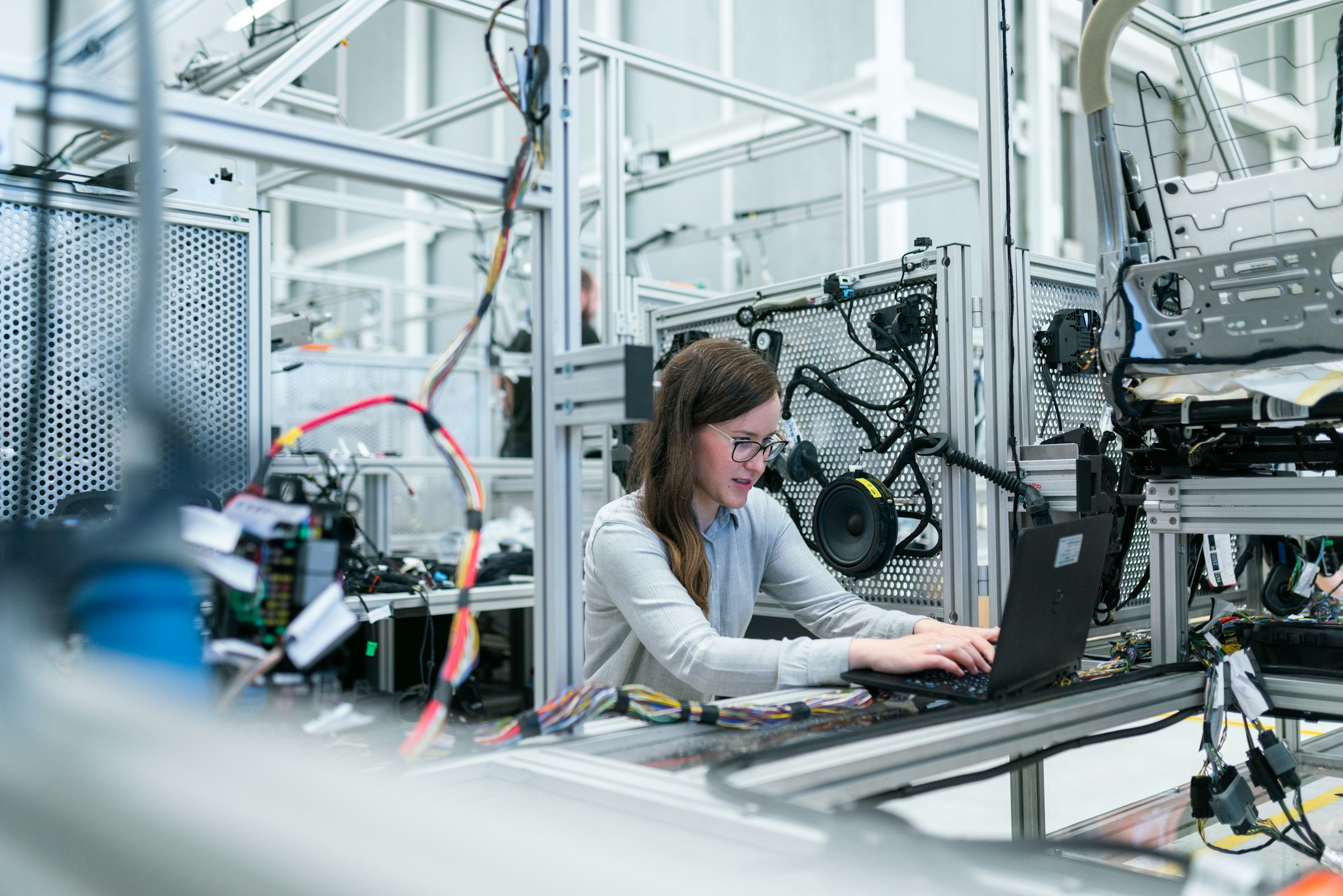A recent Massachusetts Institute of Technology (MIT) study challenges the prevailing notion that artificial intelligence (AI) is poised to replace a significant portion of jobs cost-effectively.
The MIT study, titled "Beyond AI Exposure," addressed growing concerns about the potential displacement of human workers across various industries.
Limited Viability of AI in Job Replacement
In one of the initial in-depth investigations into the practicality of AI displacing human labor, researchers focused on the cost-effectiveness of automating tasks in the United States, particularly those utilizing computer vision, such as teaching and property appraisal. The study revealed that only 23% of workers, measured in terms of dollar wages, could be efficiently replaced by AI. The upfront costs associated with implementing AI systems, especially in visual recognition, proved to be a limiting factor, making human labor more economical in some instances.
The study, funded by the MIT-IBM Watson AI Lab, surveyed approximately 1,000 visually-assisted tasks across 800 occupations.
According to Fortune, the findings indicated that a mere 3% of such tasks can be cost-effectively automated today, a figure projected to potentially increase to 40% by 2030 as data costs decrease and accuracy improves.
AI's Impact on Various Industries
Computer vision, a subset of AI enabling machines to extract meaningful information from digital images, demonstrated a favorable cost-benefit ratio in retail, transportation, warehousing, and healthcare sectors.
MIT researchers highlighted that the current feasibility extends to only 6% of tasks related to quality control in a hypothetical bakery. While the sophistication of AI tools like ChatGPT has led to concerns about job displacement, the MIT study suggests that a careful balance is needed to harness AI's potential fully without causing negative repercussions.
Neil Thompson, Director of the FutureTech Research Project at the MIT Computer Science and Artificial Intelligence Lab, emphasized that the study delves into the widespread applicability of computer vision across various occupations and industries.
According to Bloomberg, he highlighted the likelihood of increased automation in retail and healthcare, while areas like construction, mining, or real estate might see less impact from AI integration.
In conclusion, the MIT study challenges the narrative of imminent widespread job displacement due to AI, emphasizing the nuanced impact across different sectors and the need for a cautious approach to AI integration in the workforce.
Photo by: ThisisEngineering RAEng/Unsplash



 Alphabet’s Massive AI Spending Surge Signals Confidence in Google’s Growth Engine
Alphabet’s Massive AI Spending Surge Signals Confidence in Google’s Growth Engine  OpenAI Expands Enterprise AI Strategy With Major Hiring Push Ahead of New Business Offering
OpenAI Expands Enterprise AI Strategy With Major Hiring Push Ahead of New Business Offering  SpaceX Prioritizes Moon Mission Before Mars as Starship Development Accelerates
SpaceX Prioritizes Moon Mission Before Mars as Starship Development Accelerates  Jensen Huang Urges Taiwan Suppliers to Boost AI Chip Production Amid Surging Demand
Jensen Huang Urges Taiwan Suppliers to Boost AI Chip Production Amid Surging Demand  Baidu Approves $5 Billion Share Buyback and Plans First-Ever Dividend in 2026
Baidu Approves $5 Billion Share Buyback and Plans First-Ever Dividend in 2026  Anthropic Eyes $350 Billion Valuation as AI Funding and Share Sale Accelerate
Anthropic Eyes $350 Billion Valuation as AI Funding and Share Sale Accelerate  Palantir Stock Jumps After Strong Q4 Earnings Beat and Upbeat 2026 Revenue Forecast
Palantir Stock Jumps After Strong Q4 Earnings Beat and Upbeat 2026 Revenue Forecast  Nvidia, ByteDance, and the U.S.-China AI Chip Standoff Over H200 Exports
Nvidia, ByteDance, and the U.S.-China AI Chip Standoff Over H200 Exports  Sony Q3 Profit Jumps on Gaming and Image Sensors, Full-Year Outlook Raised
Sony Q3 Profit Jumps on Gaming and Image Sensors, Full-Year Outlook Raised  SoftBank and Intel Partner to Develop Next-Generation Memory Chips for AI Data Centers
SoftBank and Intel Partner to Develop Next-Generation Memory Chips for AI Data Centers  SoftBank Shares Slide After Arm Earnings Miss Fuels Tech Stock Sell-Off
SoftBank Shares Slide After Arm Earnings Miss Fuels Tech Stock Sell-Off  Elon Musk’s Empire: SpaceX, Tesla, and xAI Merger Talks Spark Investor Debate
Elon Musk’s Empire: SpaceX, Tesla, and xAI Merger Talks Spark Investor Debate  SpaceX Updates Starlink Privacy Policy to Allow AI Training as xAI Merger Talks and IPO Loom
SpaceX Updates Starlink Privacy Policy to Allow AI Training as xAI Merger Talks and IPO Loom  AMD Shares Slide Despite Earnings Beat as Cautious Revenue Outlook Weighs on Stock
AMD Shares Slide Despite Earnings Beat as Cautious Revenue Outlook Weighs on Stock  Instagram Outage Disrupts Thousands of U.S. Users
Instagram Outage Disrupts Thousands of U.S. Users 





























